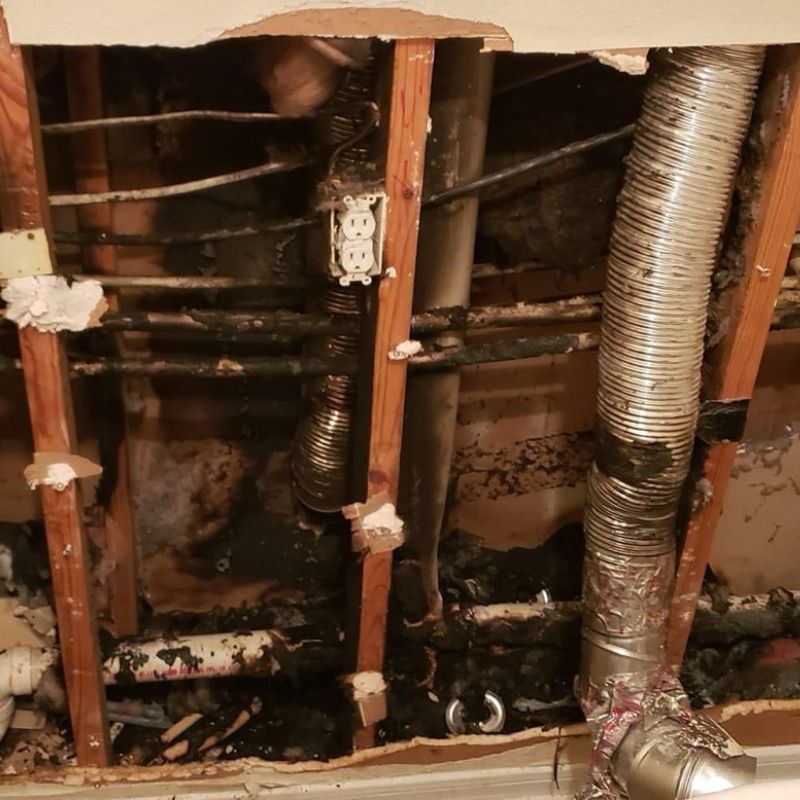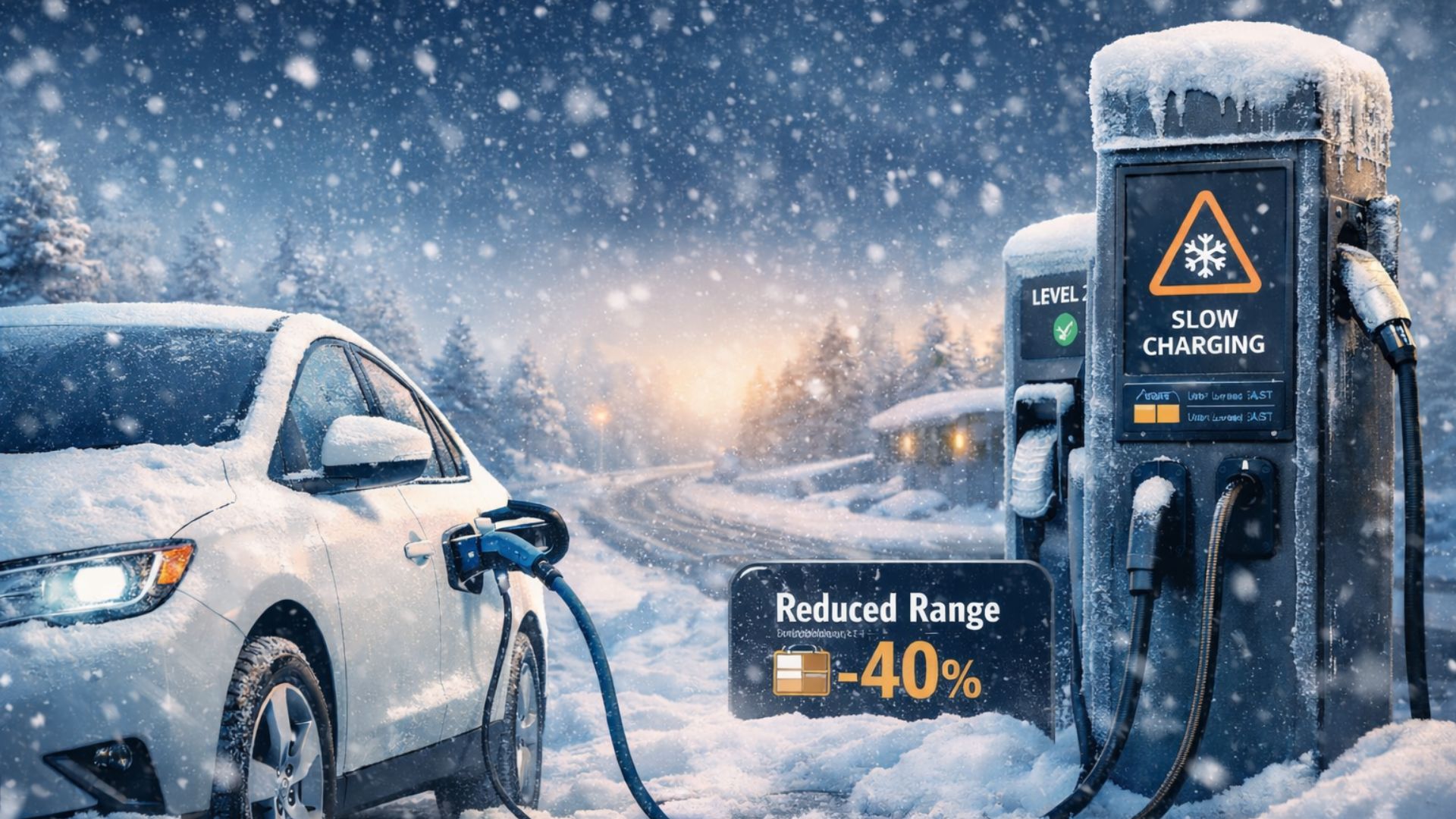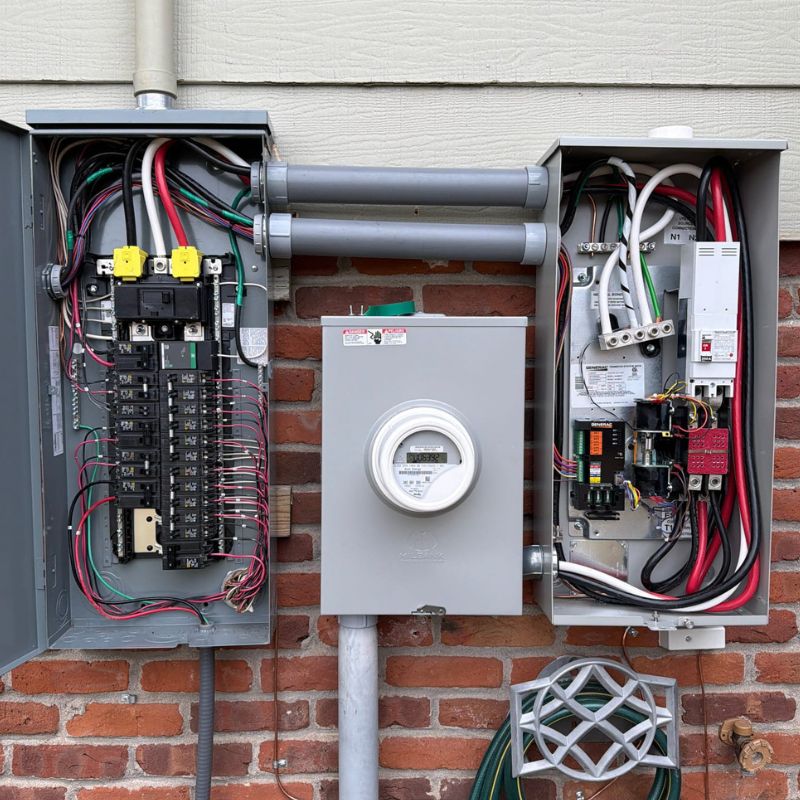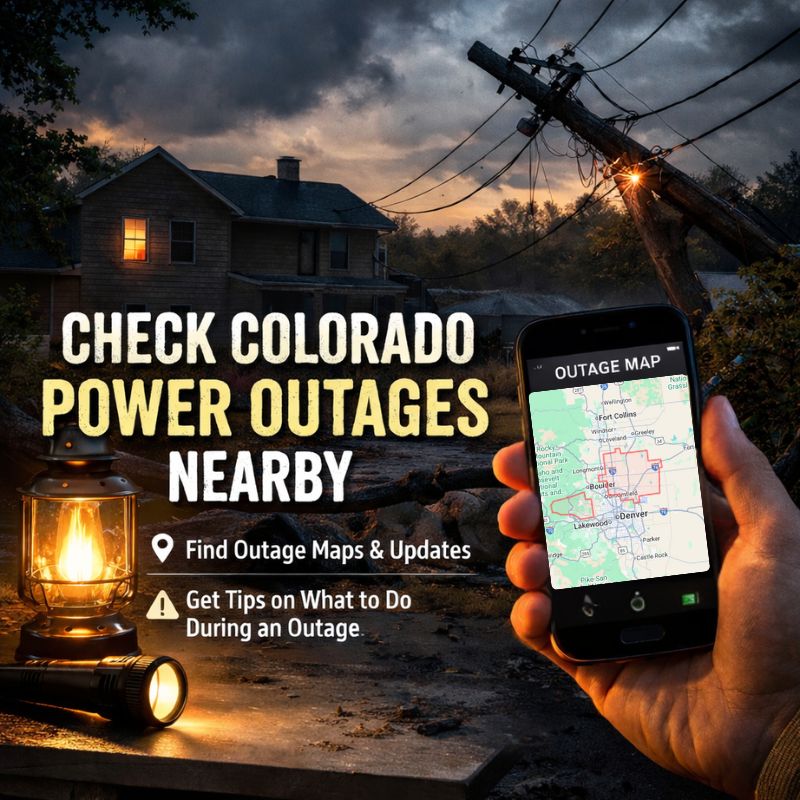Contents
Trusted Colorado Electricians
What to Do During a Power Surge
Imagine this: you’re in the middle of watching your favorite show, popcorn in hand, when suddenly the lights flicker, your TV clicks off, and your microwave starts beeping like it just saw a ghost.

Welcome to the world of the power surge.
Power surges are quick bursts of electrical energy that can leave your home’s wiring, appliances, and devices vulnerable.
While some surges are barely noticeable, others can cause costly damage or even pose a safety risk.
If you live in Colorado, where storms, aging infrastructure, and neighborhood grid shifts are common, knowing what to do during and after a power surge is essential.
At The Electricians, we’ve seen firsthand how a little spark can turn into a big problem. Let’s break down what to do, why it happens, and how to keep your home and business safe.
What Causes a Power Surge?
A power surge in the home happens when there’s a sudden spike in electrical voltage flowing through your system. Think of it like water pressure: a little extra is manageable, but too much can burst the pipes.
Common causes of surges in Colorado:
- Lightning strikes: Summer storms here pack a punch. A single strike can send thousands of volts surging through the grid.
- Utility issues: Grid switching, downed power lines, or what causes a power surge in a neighborhood, like a transformer failure, can send unpredictable bursts of power into your home.
- High-power appliances: Refrigerators, AC units, or HVAC systems turning on and off can create small internal surges.
- Faulty wiring: Older homes or DIY electrical jobs gone wrong increase the risk.
What to Do When a Power Surge Happens
So, the lights flicker and your electronics go haywire. What now?
Unplug Sensitive Electronics
If you notice lights dimming or flickering, unplug expensive items like computers, TVs, and gaming systems. This reduces the chance of permanent damage.
Wondering, “Should I unplug everything during a power outage?” — not everything, but yes, unplugging sensitive electronics is smart.
Reset Circuit Breakers
A big surge may trip your breakers. Head to your electrical panel and reset them if needed.
If the same breaker keeps tripping, it may be a wiring issue—time to call in The Electricians.
Check for Signs of Damage
Burnt smells, scorch marks near outlets, buzzing sounds, or appliances that won’t restart are signs of a power surge in the home.
Don’t ignore these clues. They can indicate dangerous wiring problems.
Wait Before Restarting Major Appliances
Give your fridge, AC, or furnace a few minutes before turning them back on. This helps prevent additional stress on your system.
Call a Licensed Electrician
If your home seems unstable or you’re unsure if your house is safe after a power surge, don’t risk it. A professional can inspect your wiring, outlets, and panel to ensure everything is sound.
What to Do After a Power Surge
Once the chaos settles, take these steps:
- Test your outlets and devices: Plug in electronics one at a time. If anything doesn’t work, it may have fried during the surge.
- Document damage for insurance: If expensive appliances were hit, keep receipts and photos for claims.
- Schedule an inspection: Especially if this wasn’t your first surge, a home electrical repair service can pinpoint weaknesses in your system.
- Consider surge protection: Whole-home surge protectors can safeguard your wiring and outlets.
Is My House Safe After a Power Surge?
The short answer: maybe. Small surges usually cause minimal issues. But if you experience repeated surges or notice outlets sparking, don’t ignore it. Even minor electrical events add up over time, degrading wiring and increasing fire risks.

If you’re asking, “Is my house safe after a power surge?” the safest answer is to have it inspected. Colorado homes, especially older ones, benefit from professional electrical wiring repair to stay up to code and avoid hazards.
What Is the First Thing You Do When the Power Goes Out?
A power surge and a power outage often go hand-in-hand. If the lights go out:
- Check if it’s just your home. Look outside—are your neighbors dark too?
- Check the breaker panel. Sometimes it’s a tripped breaker, not the whole grid.
- Unplug sensitive items. When the power comes back, the return surge can be damaging.
- Call your utility company. Report the outage and get an estimated restoration time.
How to Prevent Power Surge Damage
Prevention is always cheaper than repair. Here’s how you can protect your home:
- Install whole-home surge protectors. These act like bodyguards for your wiring.
- Use power strips with surge protection. Not all strips are created equal—look for UL-rated options.
- Maintain your wiring. Old or damaged wiring makes surges more dangerous.
- Schedule regular inspections. A Colorado residential electrician can spot problems before they become expensive.
FAQs About Power Surges
Can I legally do my own electrical work in Colorado?
Most electrical work requires a permit and a licensed electrician. DIY is tempting, but when it comes to wiring repair, play it safe.
What is the best method for repairing a broken electrical wire?
For professionals, replacing or splicing using proper connectors. For homeowners, calling us. Seriously. Electricity isn’t a “duct tape and hope” situation.
What is the most common thing to need repaired with electric after a surge?
Outlets, circuit breakers, and sensitive electronics usually take the hit.
A power surge may last only milliseconds, but its impact can be lasting. From fried electronics to hidden wiring damage, the risks are real. Knowing what to do during and after a surge helps minimize stress, save money, and protect your home or business.
If you’ve recently had a surge, or want to prevent the next one, The Electricians are here to help. As the most trusted electrical experts in Colorado, we provide inspections, home electrical repair service, and surge protection solutions tailored to your needs.
Call The Electricians today to keep your home safe from the next surge.
Related Posts
If you enjoyed reading this, then please explore our other articles below:
Electrical Panels in Colorado Homes
Many homes across Colorado, especially in Denver, Aurora, Lakewood, and Colorado Springs, were built with electrical panels that were never designed for modern power demands. Cold winters, EV charging, home offices, and newer appliances place added stress on older panels and breakers.
If you are noticing frequent breaker trips, buzzing sounds, or planning an upgrade like an EV charger or heat pump, a licensed Colorado electrician can evaluate whether your panel needs repairs or a full power upgrade.
